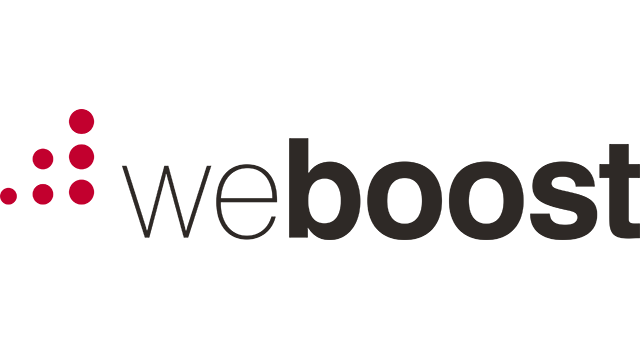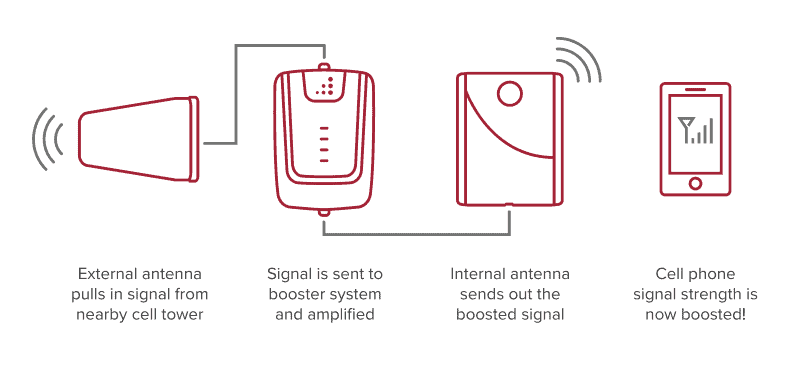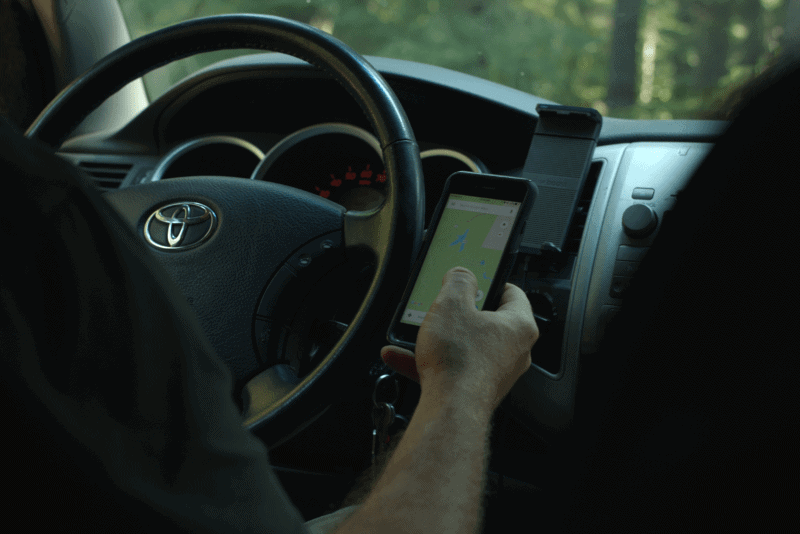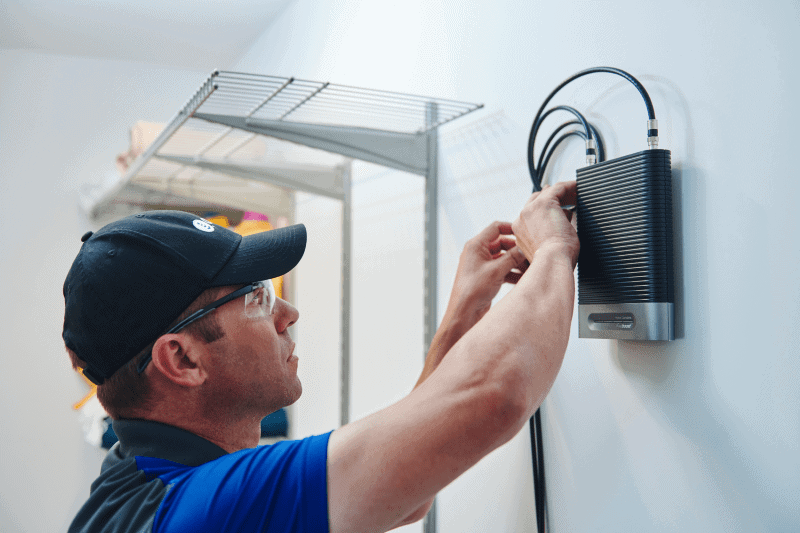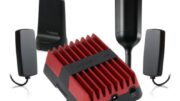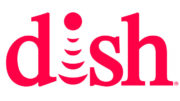Reprinted with permission from the weBoost Blog.
For some of us, our understanding of cell phone signal boosters is clouded by misunderstandings. Realizing that boosters are subject to government oversight, we want to be certain that we’re using a legal product. Let’s clear up some of the regulation myths that could be keeping you from enjoying the benefits of this amazing technology.
What Is a Cell Signal Booster?
A cell signal booster (signal amplifier, signal extender, or cell phone repeater) is a device that can help mobile device users obtain better connectivity in areas where their signal is weak. A booster can be placed in a home, office, or vehicle. Boosters capture, amplify, and redistribute faint signals from nearby cellular towers. This technology enhances cell phone reception for consistent connectivity, faster internet speeds, and fewer dropped calls.
Myth #1: Cell Phone Signal Boosters Are Illegal
Some countries prohibit the use of signal boosters. However, in the United States and Canada, these products are in the clear, as long as they are certified by the governing agencies.
Myth #2: All Boosters Are FCC-Compliant
Unfortunately, this misconception has left many consumers sorely disappointed with inferior signal boosters that are ineffective, or worse, unusable. It’s important to ensure that the product you buy is clearly FCC-compliant. All weBoost boosters meet the FCC’s guidelines so you don’t have to worry about weak performance or interrupting carriers’ signals.
Myth #3: Regulations Only Let Boosters Work With One Network Carrier
Our FCC-compliant boosters are designed to perform with all major network providers. Cellular networks realize the benefits of working together to provide stronger signals for all consumers, so the days of single-carrier boosters are behind us.
Myth #4: You Can Retrofit a Home Signal Booster for a Vehicle
Before FCC regulations, many vehicle and RV owners tried to use their home booster kits in their vehicles. Since the boosters were not designed for mobility, this caused performance issues and overworked cell towers. weBoost offers a wide selection of cell phone boosters specially designed for homes, cars, SUVs, trucks, and RVs.
Myth #5: Boosters Interfere With Cell Networks
Before the FCC intervened with tight guidelines for boosters, this myth was a fact. Now, manufacturers must ensure that their products don’t impede network services.
Myth #6: Cell Signal Amplifiers Can Be Sold Separately
The FCC considers all three main components of a booster — outside antenna, inside antenna, and booster unit — as a whole. They cannot be sold as individual parts. The FCC states, “[a]ll consumer boosters must be sold together with antennas, cables, and/or coupling devices.” However, you can buy extra antennas or other pieces to customize your setup — just make sure they are from the same manufacturer.
Myth #7: Regulations Allow All Consumer Boosters a Maximum Gain of +65dB
The FCC, booster manufacturers, and network carriers have agreed upon a gain limit for boosters. Home cell signal boosters have a limit of +65 dB, but vehicle kits have a maximum gain of +50dB. This cap provides enough power without interfering with cell towers and networks.
Why We Need Regulations for Cell Signal Boosters
Regulations for cell signal boosters are not simply a bureaucratic overstep of individual liberties. These rules were devised through a collaboration of the government, cellular networks, and large-scale consumers to protect all booster users and cellular service providers.
Before the Rules
Before 2013, cell signal boosters were largely unregulated. They were subject to the same standards that pertained to all cellular devices, including cell phones. Cell signal booster manufacturers could make unrestricted claims about their products with no one to hold them accountable.
With no industry standards, product performance and quality varied unpredictably. Some boosters were designed so poorly that when they caused oscillation from improper antenna positioning, they would overpower and disrupt local cellular networks. This knocked out cellular service to thousands of users at a time.
Setting the Standards
The Federal Communications Commission recognized the potential of cell signal boosters to extend connectivity for consumers, cellular networks, and public safety personnel when properly installed.
In 2011, the FCC met with booster industry leaders, major cell service carriers, and signal booster customers to draft stringent technical guidelines for booster production and usage. Their intent was to facilitate the development and deployment of cell signal boosters that would not interfere with network carriers or emergency services.
The FCC ratified the jointly proposed rules in 2013. The agency also expanded the availability of the devices and rolled out measures to strengthen connectivity for users in rural and other underserved areas. At the same time, they strove to mitigate any adverse consequences of increased coverage.
These regulations required (and still mandate) that all signal boosters auto-detect oscillation. If this situation arises, the booster must take immediate corrective action. It must be designed to reduce its gain or signal boosting capacity, or else shut itself off within seconds to avoid harming the cellular network.
In 2014, the FCC adopted new guidelines to enhance signal booster design to prevent interference to wireless networks. These regulations also specified what cell phone users must do before using a cell signal booster. The FCC required that consumers obtain approval from their wireless service provider and register the booster with their carrier
By 2017, the federal agency removed the requirement for approval from carriers. Major cellular networks, including T-Mobile, AT&T, Verizon, and Sprint, all consent to the use of FCC-compliant consumer signal boosters. You are still required to register your booster in accordance with FCC regulations.
What If Someone Tells Me to Shut Down My Booster?
If a licensed wireless carrier or the FCC contacts you because your signal booster is causing interference, you must discontinue use until you can resolve the interference issue. This is in line with the FCC’s rules that prohibit the operation of signal boosters that cause disruption to wireless networks. Using a non-compliant booster increases the likelihood of being told to shut down.
Can I Buy an “Industrial Use” Signal Booster?
Boosters labeled for “Industrial Use” can only be used by entities with installation expertise and permission to do so. Consumers should only purchase boosters with a “Consumer Use” label. The FCC has specific regulations for these devices to ensure that they are easy to install and use and won’t get in the way of wireless networks.
Get Consistent, FCC-Compliant Coverage With weBoost
When shopping for a cell signal booster, it’s important to understand that not all boosters meet FCC standards. Cheap but unregulated amplifiers have flooded small and major eCommerce platforms, and unsuspecting buyers get stuck with devices that don’t deliver. All weBoost boosters meet FCC guidelines and won’t disrupt signals from cell carriers.
FCC certification, or IC certification in Canada, indicates that your booster has been tested and approved by the government. Don’t settle for less and choose a weBoost booster for the performance you need and expect. Shop our line of home and vehicle boosters today.

